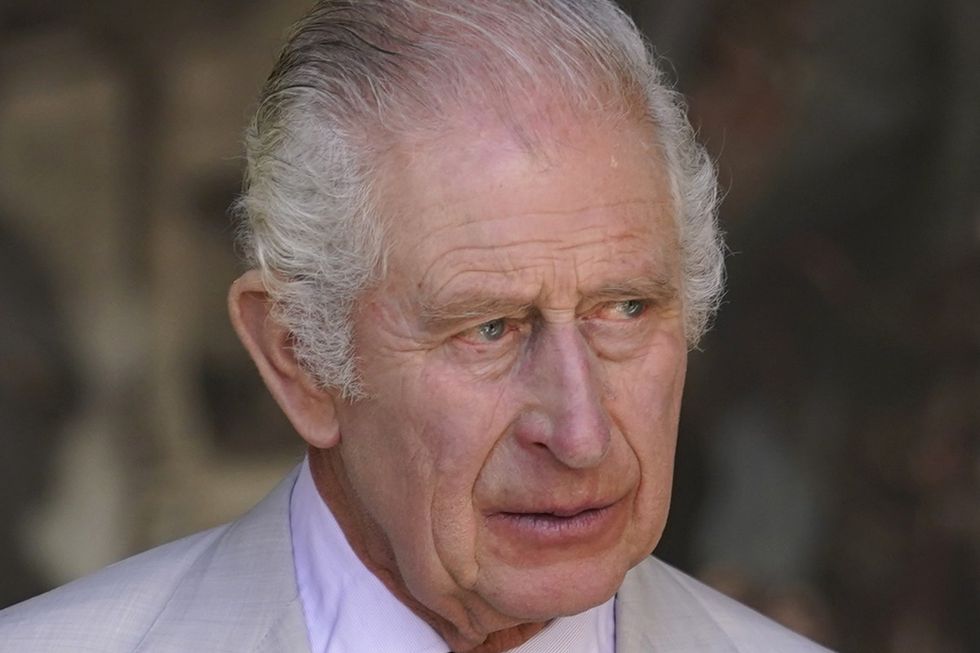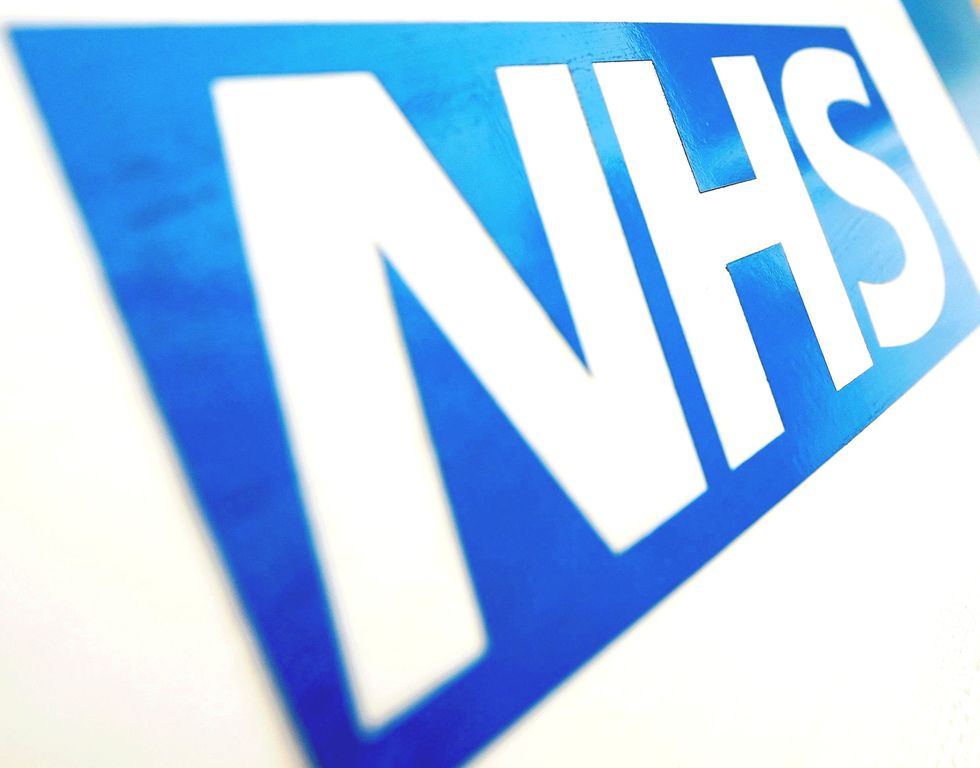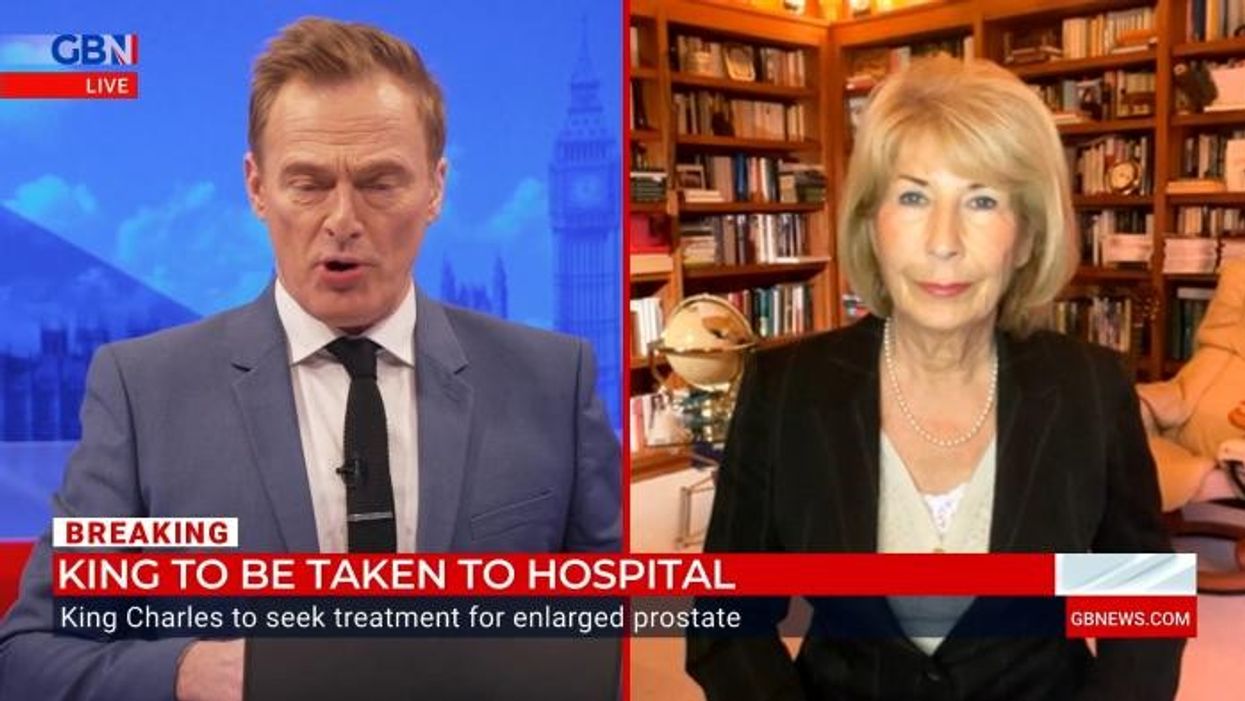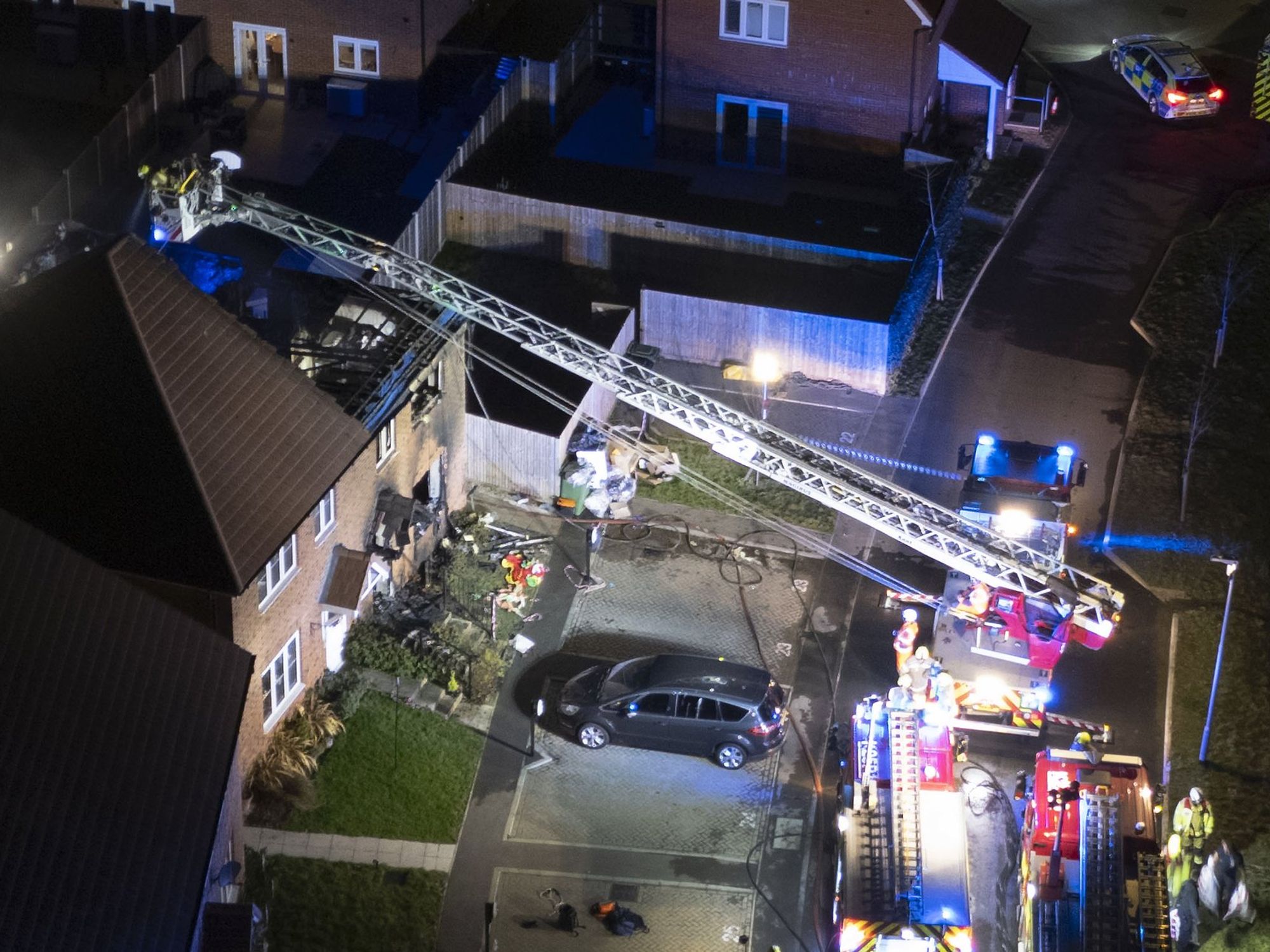Buckingham Palace statement on King's health sparks 1,000% surge to NHS website

King Charles announced on Wednesday he was seeking treatment for an enlarged prostate
Don't Miss
Most Read
Buckingham Palace's statement on the King's health sparked a 1,000 per cent surge to the NHS website, it has been confirmed.
The NHS website’s prostate enlargement page received more than 11 times as many visits on Wednesday compared to the day before.
There were 16,410 visits to the page after the King's health update, an average of one visit every five seconds.
This was compared to 1,414 visits on Tuesday, according to NHS England officials.

Buckingham Palace statement on King's health sparks 1,000 per cent surge to NHS website
|PA
Experts said the King publicising his diagnosis would lead to more men getting checked.
It is understood King Charles, 75, was keen to share his diagnosis for this reason.
One in every three men over the age of 50 will have symptoms of an enlarged prostate.
This includes needing to visit the toilet more frequently, with more urgency and having difficulty emptying their bladder.
 King Charles is set for a hospital procedure next week for an enlarged prostate. | PA
King Charles is set for a hospital procedure next week for an enlarged prostate. | PABuckingham Palace said King Charles’s condition was benign and he would be having a “corrective procedure”.
Ian Eardley, the national clinical director for NHS England, said the condition becomes more common with age.
He said: “It’s very, very common, at that age you would expect upwards of 70 per cent to 80 per cent of men to have an enlarged prostate.
“About half of them will have symptoms, and broadly speaking about half of them will become bothered to some extent by those symptoms.
 Queen Camilla, who undertook a royal engagement in Scotland today, provided an update on the King. | PA
Queen Camilla, who undertook a royal engagement in Scotland today, provided an update on the King. | PALATEST ROYAL NEWS:

The NHS had a surge to its website after King Charles's health announcement
| PA“To some extent, it is an inevitable part of ageing for just about all men.”
Eardley added: “The nature of these things if it becomes public knowledge will lead to more men seeking help. That’s a good thing.”
The health expert continued telling PA: “The majority of men do not need an operation.
“The majority of men just need to be checked out and they will often have their symptoms improved considerably by taking one pill or two pills, something that a GP can manage quite straightforwardly.”











